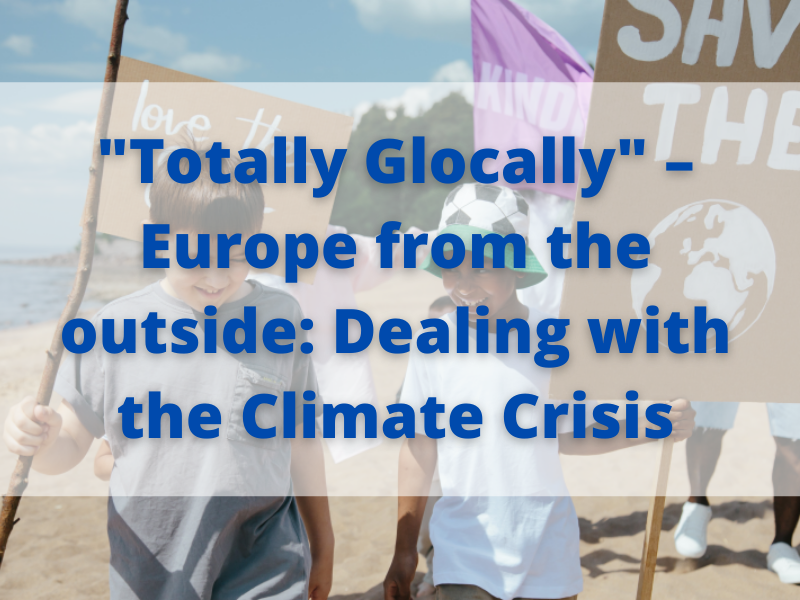Photo: Kamal Sadiq Adam on unsplash
Climate Change, Communication, and Culture
Overcoming resignation and co-creating the future
- Event
- Date
-
- Location
- online
The world today is afflicted by a growing number of overlapping local and global crises, such as the Covid pandemic, wars, and natural disasters. While news coverage and fast-moving social media discussions have the potential to inform people better than ever before, the steady drumbeat of negative news can also be overwhelming and lead to exhaustion, resignation and apathy. In the case of climate change, this is made even worse by the enormity of the challenge to implementing the Paris Agreement’s goals in a relatively short time frame.
Without broad societal support, implementing effective climate policies will indeed be very hard. Therefore, in communicating about climate issues, the questions of how to avoid these negative psychological reactions and how to instead foster a sense of actorness, solidarity and empowerment is very important.
By drawing on their experience in other domains, civil society organisations, artists, and cultural actors are in theory well-placed to play an important role in mobilizing people against climate change by fostering opportunities for debate and participation and by translating data-heavy science and complex socioeconomic scenarios into tangible concepts and initiatives that give participants a voice and a sense of ownership. This panel will therefore discuss some of the following questions:
- What are some of the dominant narratives on climate change in the media? At whom are they aimed and to what end?
- What are some of the main challenges with these narratives and in climate communication more broadly? (e.g., overwhelming complexity, fears, and disinformation)
- How can communication on climate issues foster greater commitment of people and a sense of actorness? What are suitable tools, messaging strategies, and narratives?
- Particularly, what is the potential of the cultural sector and what role can cultural actors and artists play? What are examples of impactful projects, initiatives, narratives, and aesthetics?
Panellists:
- Michael Shank, Director of Engagement at the Carbon Neutral Cities Alliance, USA
- Hilda Flavia Nakabuye, Founder FFF Uganda tbc
- Ayat Najafi, film director and screenwriter, Iran/Germany
- Katharina van Bronswijk, psychologist and spokeswoman of Psychologists for Future / Psychotherapists for Future (Psy4F)




